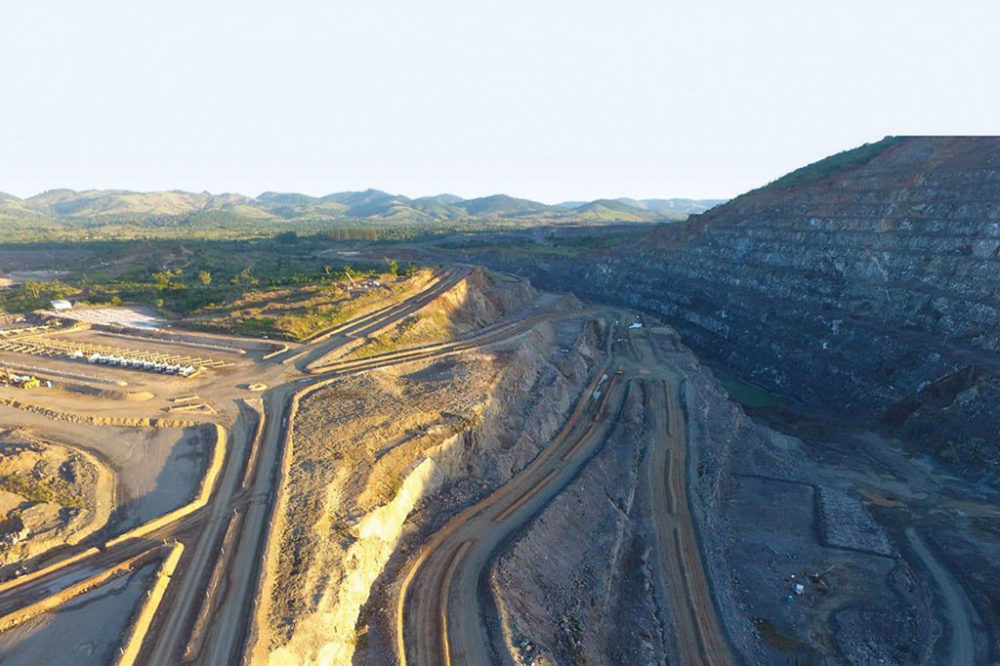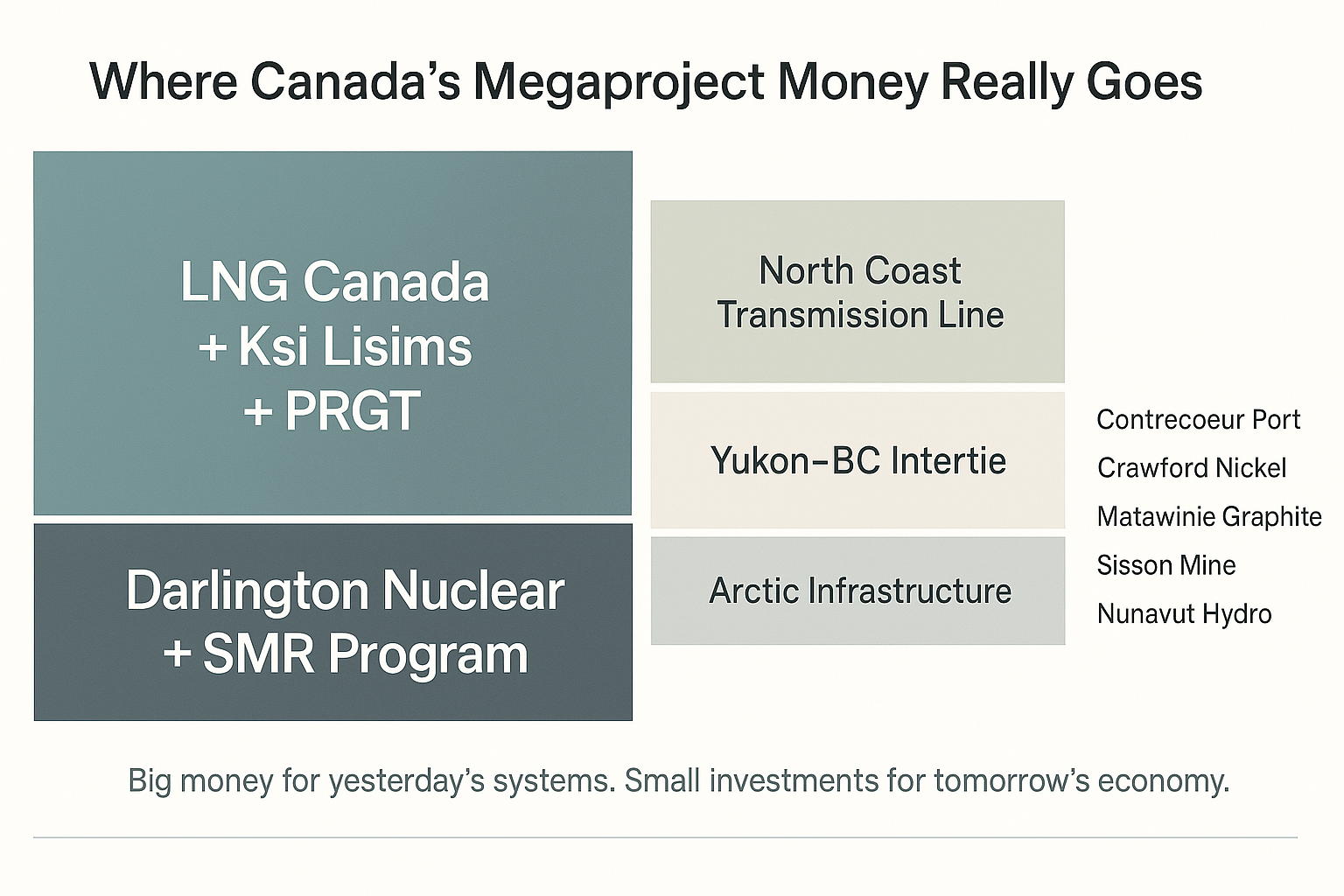Sign up for daily news updates from CleanTechnica on email. Or follow us on Google News!
The North Sea area controlled by the UK has been a favorite place for oil and methane gas drilling activities for decades. In 2022, the Jackdaw gas field, operated by Shell, was approved by the former Tory government, as was a plan by Equinor to develop Rosebank, the UK’s biggest untapped oil field. Greenpeace appealed both decisions, arguing that the approval was incompatible with the UK’s legally binding climate commitments. Furthermore, it said the government’s original analysis ignored the devastating impact of burning oil from the site.
The Greenpeace appeals were given a huge boost recently when the UK’s supreme court ruled in June that “Scope 3” emissions — emissions from the burning of oil and gas rather than just the building of infrastructure to extract them — should be taken into account when approving projects, according to The Guardian. That conclusion should be blindingly obvious to any sentient being, but for decades the fossil fuel industry has promoted the sham that it is not responsible for what people do with their products after they purchase them.
UK Changes Course On Oil & Gas
The failed Sunak government promised to vigorously oppose the Greenpeace appeals, but Ed Miliban, the new energy secretary of the Labour Party, said recently the government would not challenge the judicial review process. Labour won the recent general election with pledges to shift away from oil and gas to greener, cleaner energy. Prime Minister Keir Starmer has ruled out giving oil and gas firms new licenses to drill off the Scottish coast. The Treasury is about to hike taxes on those companies as well and use the funds to build more solar farms and wind turbines instead.
Tessa Khan, the executive director of Uplift, a climate group that has joined the Greenpeace appeals, told The Guardian, “We welcome this announcement by the government not to defend the case against Rosebank, the approval of which by the last government was unlawful. This government has rightly accepted that this huge oilfield cannot proceed without the full extent of the damage it will do to our climate being taken into account. It is astonishing that the massive emissions from burning oil and gas have been overlooked by decision-makers till now.”
Mel Evans, the Greenpeace UK climate team leader, added, “The two new oil and gas fields combined would generate a vast amount of emissions while doing nothing to lower energy bills. The only real winners from giving them the green light would be multi-billion pound oil giants. Shell and Equinor should respect the supreme court’s decision and the government’s position that their permits are illegal, and not waste time and money in greedy tactical legal battles. The government must now make sure they prioritize public investment to support green jobs growth, that workers affected will be properly supported, and that the funding is ring fenced for them to switch or retrain into sustainable jobs in renewable energy.”
Miliband has acknowledged that the UK will continue to lean on existing oil and gas fields for “decades to come.” There are still the equivalent of four billion barrels of oil under the North Sea, according to the latest data from the regulator. But Labour has used its first weeks in office to signal a big shift away from reliance on depleting reserves towards a future dominated by clean technologies.
Miliband has rushed through approval of four huge solar farms since July. Starmer has promised the UK will be at the front of the race for green tech, and pledged billions for the new publicly-owned clean energy company Great British Energy. “There is an answer staring us in the face,” Miliband told an audience of offshore wind lobbyists two weeks before taking office. “Clean energy we produce at home is cheaper than fossil fuels, and more secure because dictators can’t control it.”
The fossil fuel companies are livid, of course. And British labor unions want to know specifically what the government plans to do to protect the hundreds of thousands who are employed by the oil and gas industries that have operations in the North Sea. The political consequences of the new policies will be felt most immediately in Scotland, which is one of Europe’s largest oil-producing countries. “It’s an utterly dreadful decision,” said Andrew Bowie, a former energy minister whose Aberdeen constituency is home to many oil and gas workers.
According to Politico, Labour’s plan to block future drilling is not a first for oil-producing countries. Denmark, which for years was a base for massive fossil fuel exploration, pulled out of new North Sea drilling in 2020, citing its own bid for green alternatives. New Zealand ruled out new licenses off its shores in 2019. If the courts ultimately rule that consent for the Rosebank oil field development is unlawful, a decision would fall back to Miliband and the regulator, the North Sea Transition Authority, to make a fresh decision based on new environmental assessments.
The Oil & Gas Empire Strikes Back
A Shell spokesperson said, “We accept the UK supreme court’s ruling, but will argue that Jackdaw is a vital project for UK energy security that is already well under way. Stopping the work is a highly complex process, with significant technical and safety issues now that infrastructure is in place and drilling has started in the North Sea. Jackdaw will provide fuel for UK customers — enough to heat 1.4 million homes — strengthening energy independence for Britain, as other, older gas fields reach the end of production.”
Equinor, which had planned to invest more than £3 million to develop the Rosebank oil field, was less measured. Philippe François Mathieu, who leads oil exploration and production for Equinor outside of Norway, told journalists on the sidelines of an oil fair in Stavanger on Wednesday that the UK might no longer be an attractive proposition for the company. “We need to look at the appetite to invest further in the UK based on the fiscal regime. It could be that the economics are really, really [negatively] impacted.”
At CleanTechnica, we often praise Norway for the way it is adapting its economy to electrification from renewable sources, but we cannot lose sight of the fact that a lot of those Scope 3 emissions that are causing the environment to overheat are attributable to the activities of its state-owned oil company. Norway needs to do more — much more — to become a clean energy leader rather than laggard.
Takeaway
There are several aspects to this matter that deserve consideration. First, part of the fallout from Russia’s criminal invasion of Ukraine is a reduction in the amount of cheap methane gas flowing to Europe and the UK. Despite the loss of that fuel, the new government of the UK believes that its people will not freeze to death if new methane fields in the North Sea are not developed. That has ramifications for the US as well, where developers allege that their plans for new LNG export terminals are desperately needed to offset the cuts in Russian gas.
Second, the people who work in the oil and gas industry must be protected from losing their livelihoods because of a transition to renewable energy. People don’t seem to realize that wind and solar installations need workers as well to build and maintain them.
Third, we need to stop burning fossil fuels. Humans are adding the heat of over 400,000 atomic bombs to the environment every day from activities that rely on combustion of fossil fuels. That is a death sentence for humanity. Oil and gas are nothing more than stored sunlight. When we burn them, that is like adding millions of years of stored energy back into the environment, which destabilizes it just as a tidal wave destabilizes coastal communities.
Doesn’t it make more sense to harvest the solar energy that nourishes the Earth every day to meet the energy needs of humanity rather than overloading the environment with stored energy from the past? Maybe at the beginning of the Industrial Revolution we didn’t have access to renewable energy, but now we do. Aren’t we foolish to insist on doing things the way we did when our great grandparents were alive instead of taking advantage of a source of energy that is non-polluting and free?
The chimera of respectability surrounding the oil and gas industries is rapidly dissolving. Rather than the aura of benefactors of humanity that has surrounded them for a hundred years, they now are seen for what they really are — merchants of death who profit from making the Earth uninhabitable by those who use their products. Could there be a more compelling reason to stop supporting them?
Have a tip for CleanTechnica? Want to advertise? Want to suggest a guest for our CleanTech Talk podcast? Contact us here.
Latest CleanTechnica.TV Videos
CleanTechnica uses affiliate links. See our policy here.
CleanTechnica’s Comment Policy





